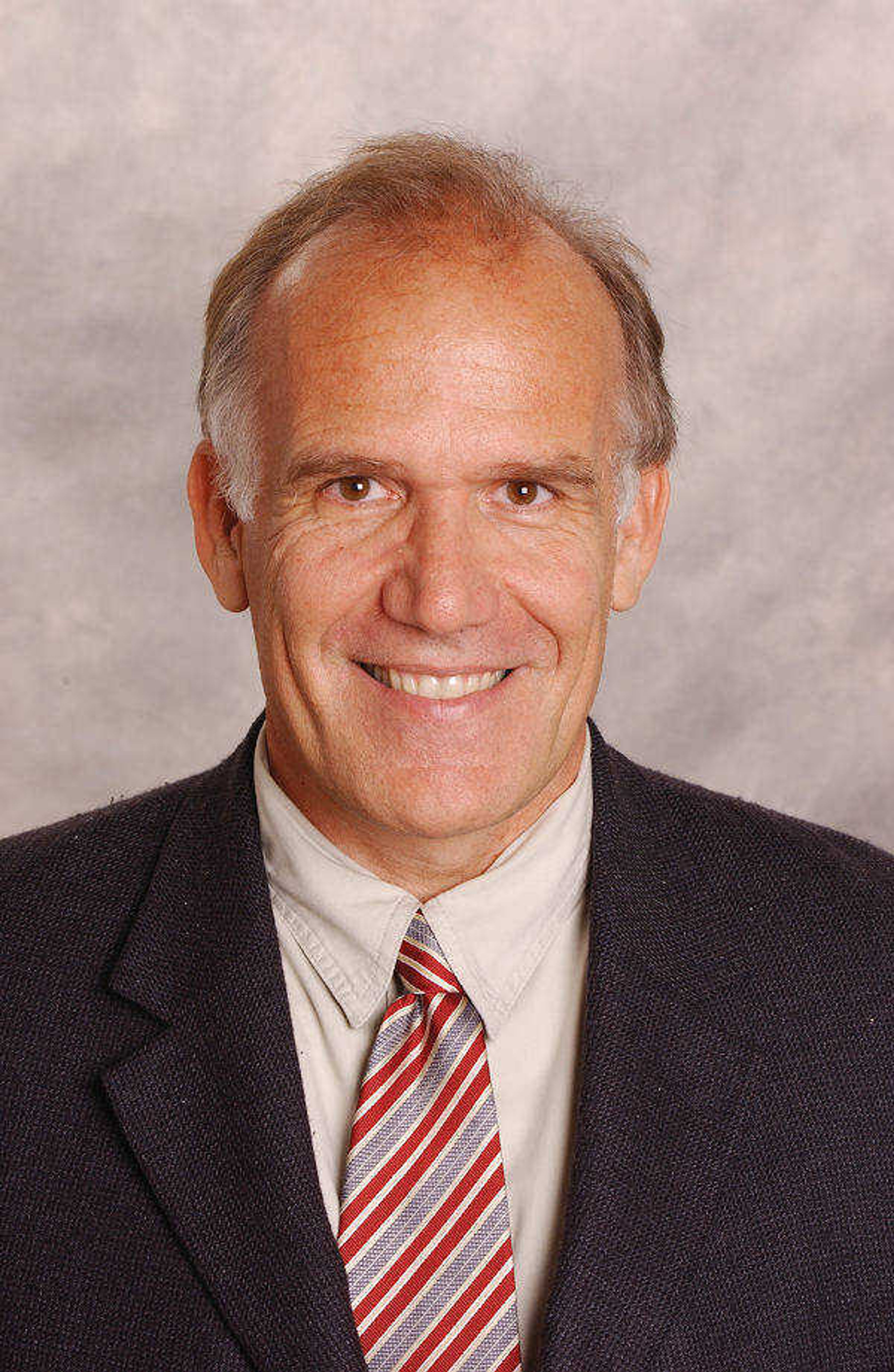Media storm: Hurricane reporting got carried away
Remember all of this about Hurricane Katrina? The destruction was the result of global warming. And it was made worse by too many troops off in Iraq. Endemic racism and neglected environmental legislation were as toxic as flood. Military assets were unused due to incompetence or heartlessness. The neglect of the victims was an indictment of a crass and uncaring society...
Remember all of this about Hurricane Katrina? The destruction was the result of global warming. And it was made worse by too many troops off in Iraq. Endemic racism and neglected environmental legislation were as toxic as flood. Military assets were unused due to incompetence or heartlessness. The neglect of the victims was an indictment of a crass and uncaring society.
But none of that ad hoc "analysis" proved conclusive.
Yes, Hurricane Katrina revealed swearing, crying and stupefied public officials at all levels. Their initial paralysis may have endangered some lives.
But the media's coverage turned out to be almost as disturbing as the natural calamity and initial bureaucratic ineptness -- in both the falsehood it spread and the truth it ignored. Political commentators proved more disturbing, seeking to turn death to partisan advantage.
The public was given few facts about what really happened among those trapped, especially the human mayhem that took place. Most would appreciate evidence before sweeping cultural analysis of half-reported stories that were not followed up because they were either untrue or politically incorrect.
Too many of the hysterical pronouncements of ill-informed officials were reported as gospel truth -- and then forgotten -- in 24-hour bursts. So "25,000 body bags" and "10,000 dead" beneath the muck of a submerged city were quietly superseded by the matter-of-fact news reports that the airport would open shortly.
Now we are also told that Mardi Gras may be back on schedule. How could such radical improvement happen at ground zero in a city of corpses that supposedly would not recover for decades? Most people concluded on their own, without help from any talking heads, that one of the worst natural disasters in American history had at first stunned local, state and federal governments, brought out the worst in Louisiana politics and incited a criminal element.
But soon even the ill-prepared mayor of New Orleans and the green director of FEMA found themselves with untold resources at their disposal in a way that was not true of the far greater tolls of recent catastrophes elsewhere. Do we remember France, where 15,000 neglected elderly died without air conditioning (August 2003); or the earthquake at Bam, Iran (December 2003), where 40,000 were crushed, often in substandard housing; or the over 200,000 Southeast Asians (December 2004) who drowned or were buried without warning from an unmonitored tsunami? New Orleans also exposed the misery of a large underclass in need of attention from the rest of America -- and of radical self-introspection.
Reporters' cliches about "racist" America were often at odds with the evidence of their own film footage. Black and white pulled together in Mississippi and thus avoided social chaos. Billions in aid, both private and public, poured into New Orleans from Americans worried sick over their fellow citizens, regardless of race.
After the initial shock, that enormous relief effort turned real catastrophe into salvation: levees patched, thousands of troops on the street, tens of thousands bused and flown to safe quarters across the country.
But New Orleans also confirmed how a 24/7 hyper media create and then deflate controversies of the day, from the Aruba embarrassment to Cindy Sheehan's circus.
Thus reports of deaths changed by the hour -- not by a magnitude of dozens, but by thousands. New alerts flashed that a toxic soup was nearly lethal to the touch even as we watched rescuers wade through it. We were assured that stagnant water would submerge the city for months, even as our screens showed dry, lighted streets, torrents pumped back out and pools evaporating under scorching heat.
Using its Iraqi template, the wired media's one constant is not amazing human resilience but hyped gloom. Later corrections and downgrades seldom make the headlines like their past blaring inaccuracies.
For all the media's efforts to turn the natural disaster of New Orleans into a racist nightmare, a death knell for one or the other political parties or an indictment of American culture at large, it was none of that at all. What we did endure instead were slick but poorly educated journalists, worried not about truth but about pre-empting their rivals with an ever-more-hysterical story, all in a fuzzy context of political correctness about race, the environment and the war.
Let ghoulish CNN file suit against the government to film all the bloated corpses it can find. Let a pontificating PBS "News-Hour" conduct more televised roundtables with grim-faced elites searching out purported national racism. But few any longer trust a frenzied media whose reporters and commentators continually prove as incompetent as they are disingenuous.
Was it too much to ask reporters to look to history to judge this recovery against other past disasters here and abroad? Could they have strived for accuracy instead of ratings -- and at least made sure that the images from their cameras did not refute their own predetermined scripts?
Victor Davis Hanson is a classicist and historian at the Hoover Institution, Stanford University.
Connect with the Southeast Missourian Newsroom:
For corrections to this story or other insights for the editor, click here. To submit a letter to the editor, click here. To learn about the Southeast Missourian’s AI Policy, click here.










